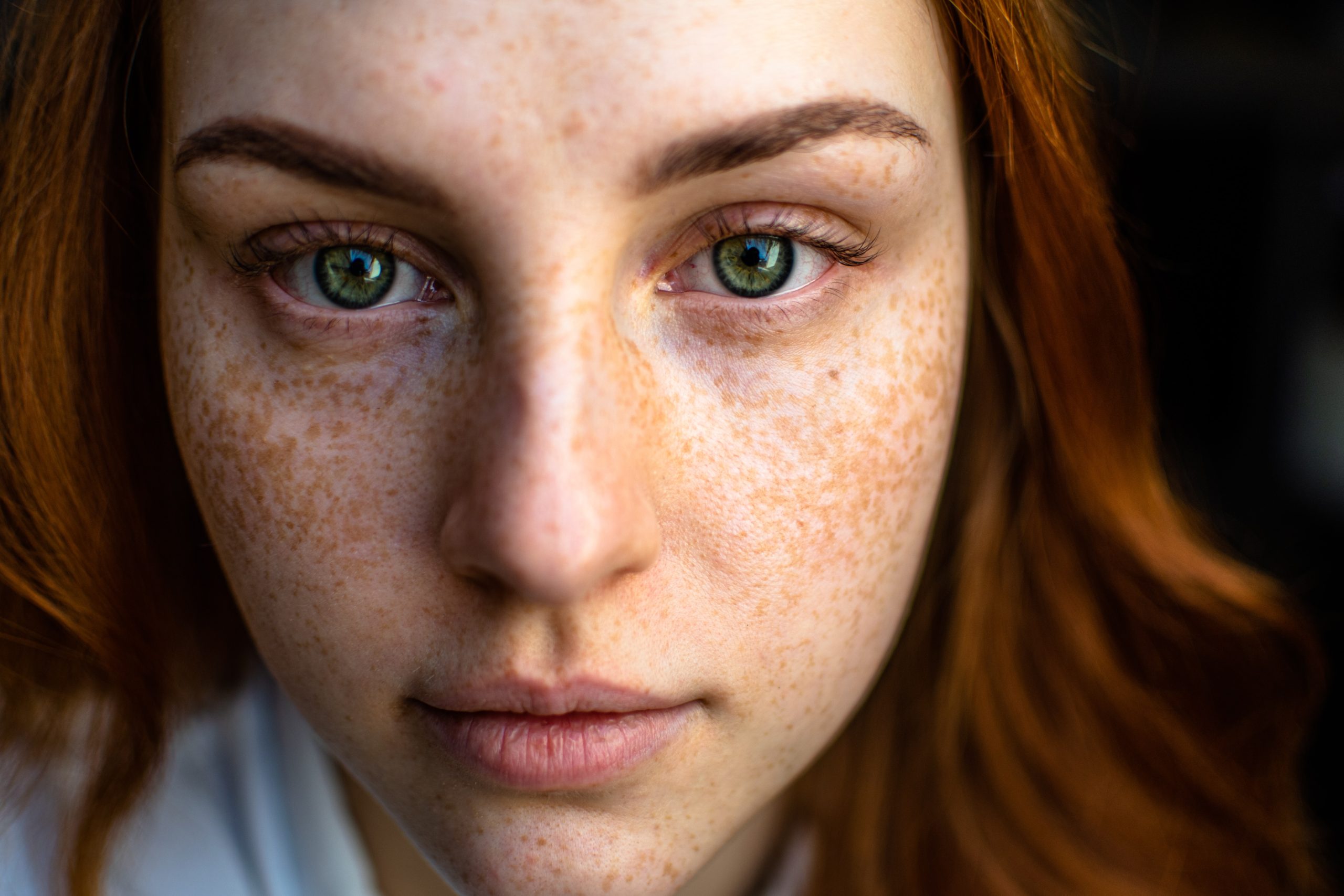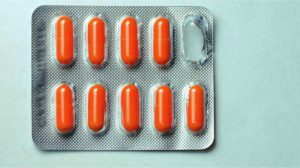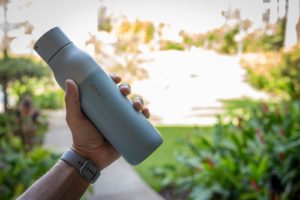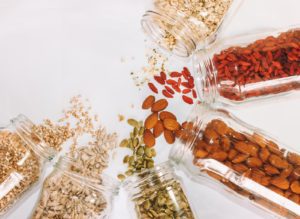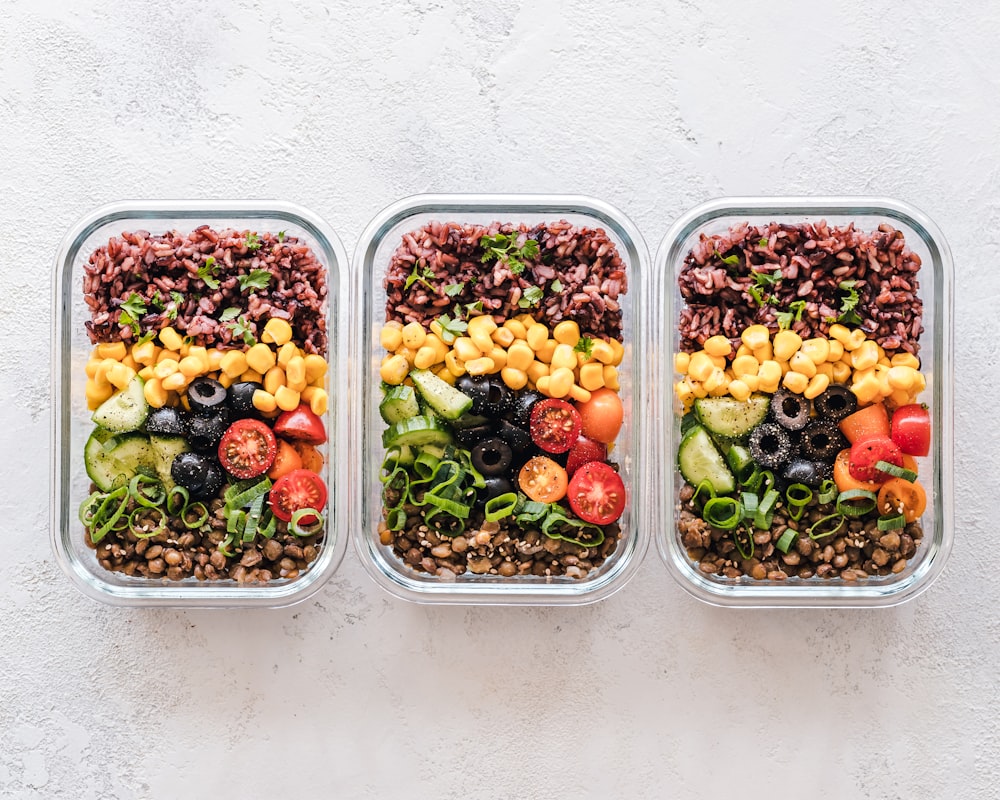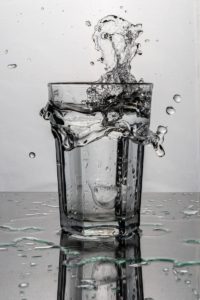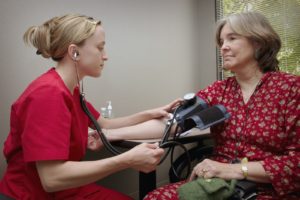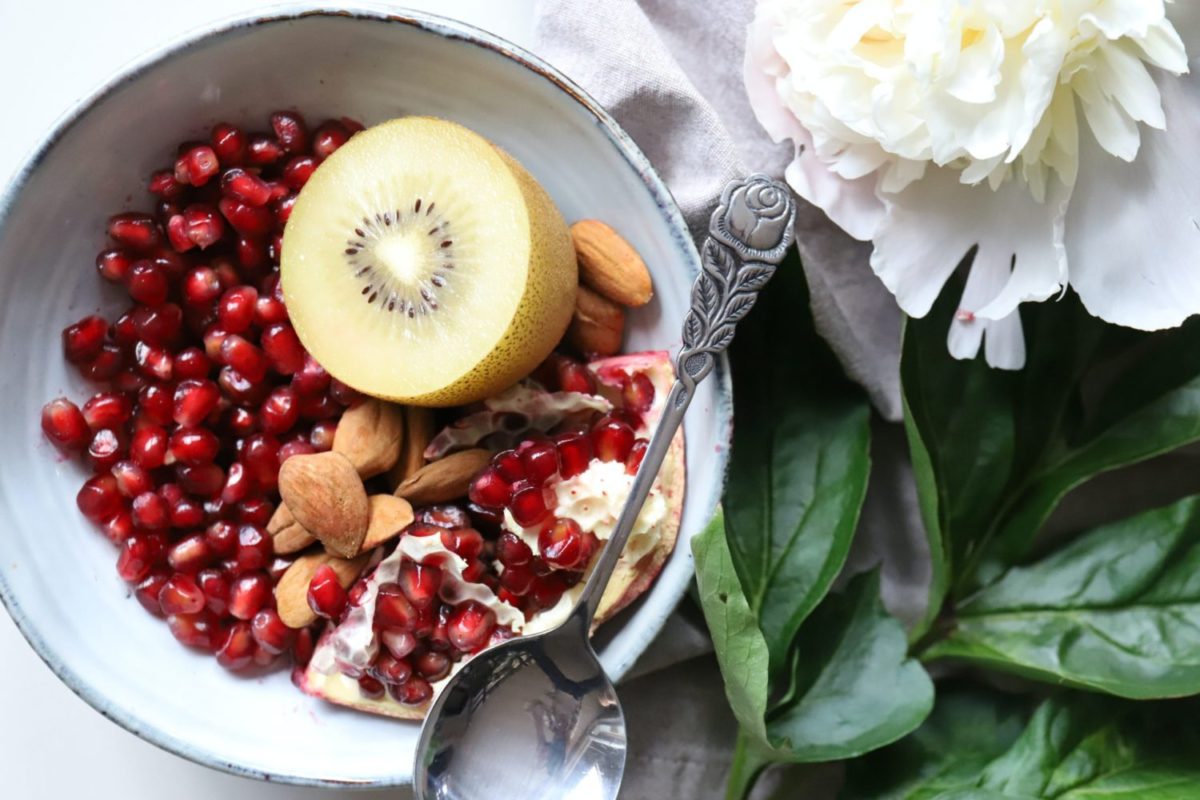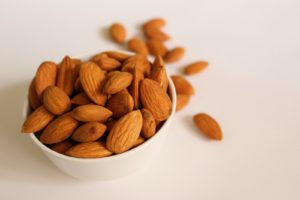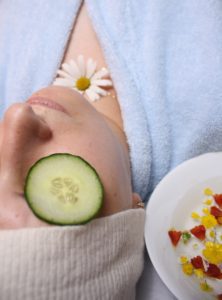Here’s What’s Causing Acne on Every Part of Your Face
Isn’t acne just acne? I guess, sort of. The location of your face acne may be crucial to treating it because that is one of your biggest indicators as to what is causing it.
A surplus of oil, dirt and dead skin cells clog pores, which causes acne no matter where it manifests. The clog develops into a comedone (more commonly known as blackheads and whiteheads). If bacteria are present, the comedones may swell, turn reddish, fill with pus, and appear “poppable,” as well as become inflamed. The most severe types of acne are nodular and cystic pimples, which form beneath the skin’s surface and are more likely to result in scarring.
However, there are a lot of internal, external, and behavioural factors that can increase your risk of developing breakouts in particular areas of your face.
Forehead:

Forehead acne is common in basically anyone with oily skin. But your hairstyle can also exacerbate the issue. In particular, people who feel self-conscious about their skin in this area get bangs to cover it up. But that only makes matters worse, since bangs will trap dirt, oil, and hair products in the area.
Yeast from the scalp that collects in the pores along the hairline as a result of excessive sweat and oil production can also be the source of forehead breakouts. The skin on your forehead will likely not be inflamed from this type of fungal acne, which will feel bumpy and rough.
Avoid using heavy hair products like pomades or styling creams, and keep your hats clean, especially if you wear them while working out, to prevent forehead breakouts of any kind.
Nose:
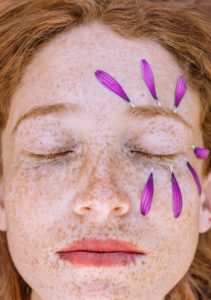
The majority of nose breakouts are small and non-inflamed. Blackheads are more typical in people with extremely oily skin. The area around the nose is particularly oily because there are more sebaceous glands there than anywhere else on the face.
Avoid picking or squeezing your blackheads, which is the real secret to treating nose acne. The more you fiddle with your nose’s pores, the more likely it is that they will enlarge, gather more oil, have dead skin, and bacteria, and become inflamed. Instead, it is preferable to use mild chemical exfoliation to gradually and gently unclog the pores (look for ingredients like salicylic acid, lactic acid, or glycolic acid).
Make sure your glasses aren’t too tight or pressing too heavily against the bridge of your nose. Unnecessary pressure can prevent dead skin from naturally exfoliating, causing it to become trapped in your pores and, you guessed it, resulting in acne.
Cheek:

Although there are a few potential causes, we can’t really pinpoint what exactly causes acne in this region. Generally speaking, cheek acne occurs due to genetics or because that’s just where your skin tends to get acne.
But it might also be caused, at least in part, by your daily behaviours.
Acne can develop as a result of a buildup of oil, bacteria, and dead skin cells from anything that is pressed against your face for an extended period of time. Your cheek breakouts could be caused by your phone, pillows, sheets, or even your hands (if you hold or touch your face throughout the day).
The solution is fairly simple. Keep everything clean, and try to avoid touching your face as much as you can throughout the day. As a result, fewer bacteria and oil will be spread to the skin.
Chin:

Ah, the dreaded acne on your chin, jawline, and around your mouth. Beard distribution refers to acne that develops in this area of the face. It’s usually brought on by changes and swings in hormone levels.
As a result, oral contraception is the most widely used method of treating acne. The combined pill has demonstrated the best results. Your dermatologist will probably advise visiting your ob-gyn for a prescription if they think your acne may be hormonal.
Easy ways to make acne prevention part of your daily routine

Keep up a basic skin-care regimen.
Your face will remain healthy and acne-free if you regularly wash it, moisturise it, and protect it from the sun. Use products that are appropriate for your skin type when using a hydrating face mask to moisturise. Choose products that won’t clog your pores if you have oily skin.
Exfoliate regularly—but gently.
Exfoliating once to three times per week is sufficient for the majority of people to keep their skin clear. Take it easy, though, if you experience dryness, irritation, or sensitivity in your skin. These are indications that you’re exfoliating your skin too often or using products that are too abrasive for it.
Try over-the-counter medications.
Exfoliating and cleansing will assist in treating mild to moderate acne. But you’ll need something else to combat acne caused by bacteria or more severe cases. Try using a topical retinoid, which will hasten cell turnover, or benzoyl peroxide, which actually kills bacteria.
Don’t go it alone.
Don’t be afraid to call in a professional if you haven’t noticed any improvement. A dermatologist with board certification can assist in identifying the precise cause of your acne. You don’t have to try to handle acne all by yourself. Even though it’s common, trying to manage it can be a very frustrating experience.
You can also try collagen, like our Routine Ultra Collagen Capsules to help not only your skin but nails, hair, teeth etc. You can also read our other blog to find out what to put in your diet to improve your skin.

